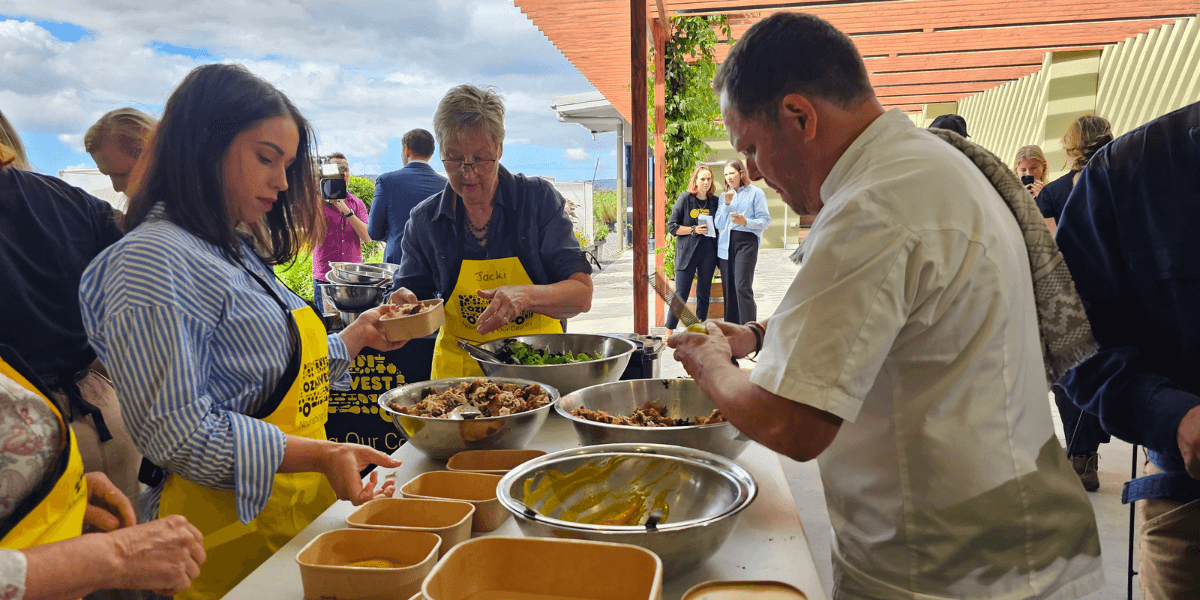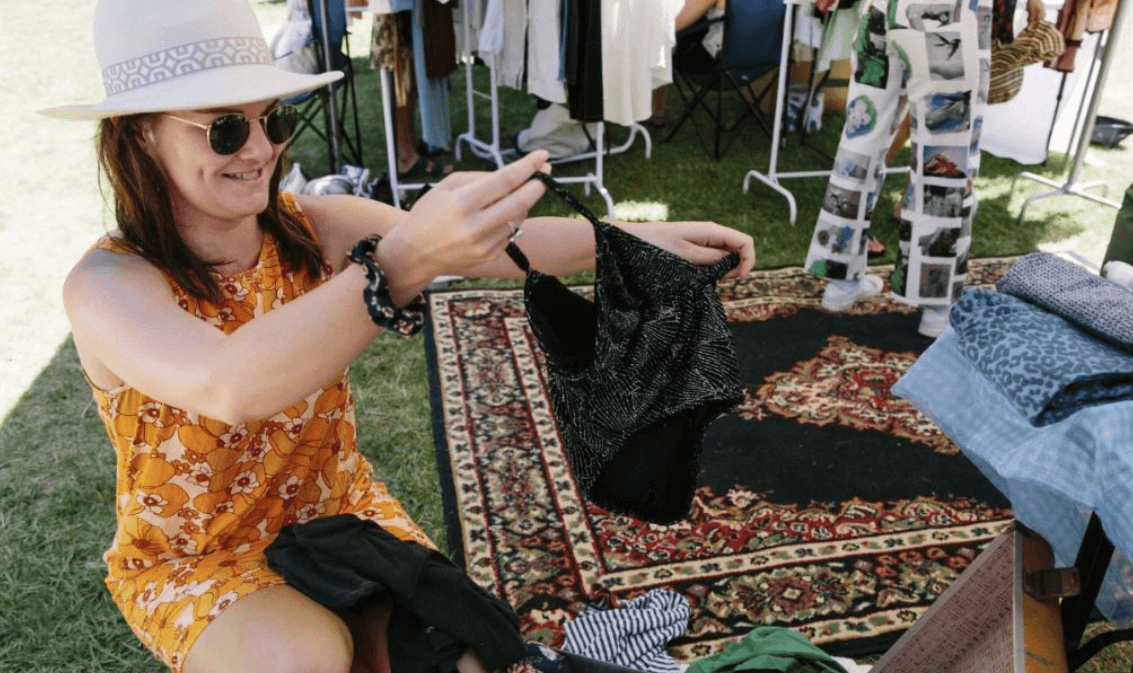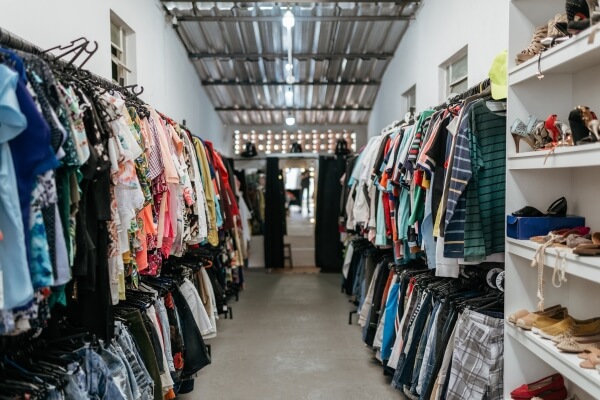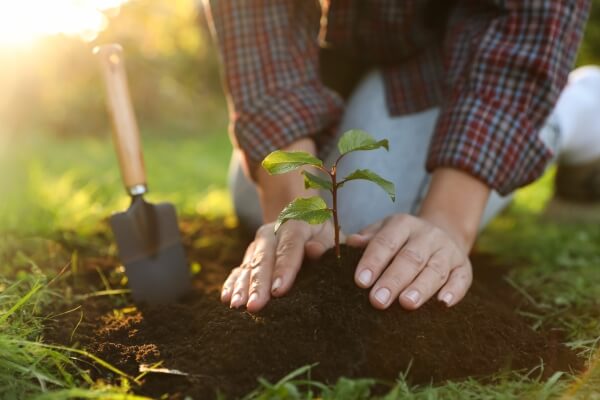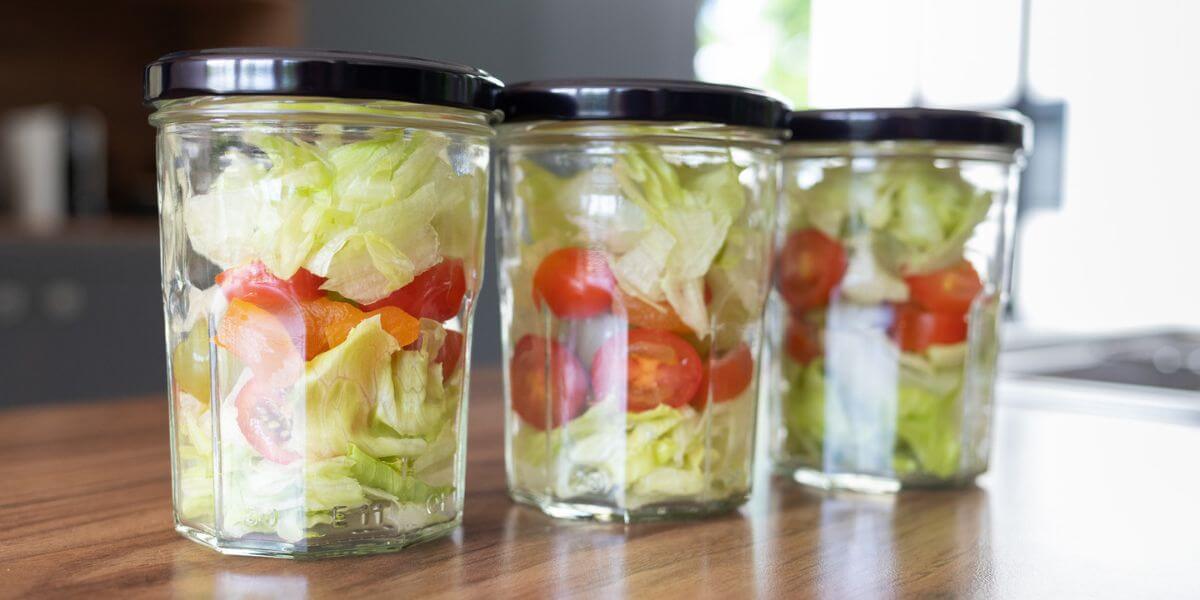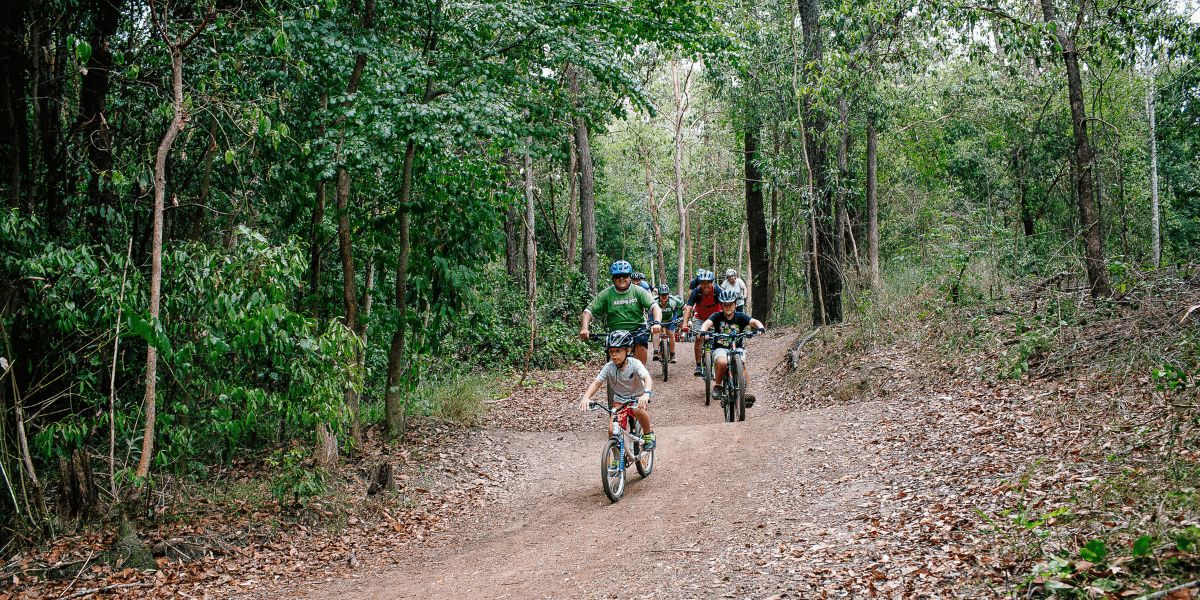SUSTAINABLE LIVING, SUSTAINABLE WORKPLACES
How to get your workplace on the sustainability train
Brisbane Sustainability Agency recently ran a month-long staff competition to encourage more sustainable living changes in our team’s lives at home and work. It was a huge success and in this article we share the secrets of how we did it, so you can too!
We know that despite best intentions, there are always more things that Brisbane Sustainability Agency team members can be doing to live more sustainably. We’re only human and with that comes busy lifestyles, personal budgets and the other things that can get in the way of living our best sustainable lives. So BSA’s internal green team put their heads together and devised a fun and creative way to inspire more sustainable living among all team members. What did we do? We played the ‘Green Games’.
Whether you work in an office, a warehouse or remotely, the Green Games is an engaging way to empower your work colleagues to assess their own lives and make sustainable changes that are suited to them. Plus, it uses a healthy bit of competition to encourage sustainability without feeling too preachy.
Further down in this article, we share how you can run a Green Games in your workplace.
Did it work?
The Green Games was a massive success. At the end of the month, 279 sustainable living actions had been taken by all staff members!
Not only did all staff members get on board and start taking more sustainable actions, but it was a fun team-building exercise that got everyone energised and motivated to live sustainably. In fact, our Green Games online thread had over 115 comments packed with team members sharing photos, experiences and surprising things they learned. One colleague enjoyed that they “learnt some awesome things about my team and their lives outside of work that I may not have if it wasn’t for the Green Games.”
Misty, who works on our Resilient Clubs Support Program to help Brisbane’s community organisations reduce their environmental impact and bills, did a staggering 17 out of 20 possible sustainable living actions! This included going to sustainability events, having a meat-free week and growing her own produce in the garden.
“I really enjoyed seeking out nature-based activities, attending the sustainability events and popping down to my local farmers markets. I think we forget how much of an impact being outside and connecting with the local community has not just for our environment but for our wellbeing… I thought I already led a fairly sustainable lifestyle, but through the month I found myself thinking over and over why don’t I do this more often, it’s not any less convenient and it makes me feel good.”
Misty
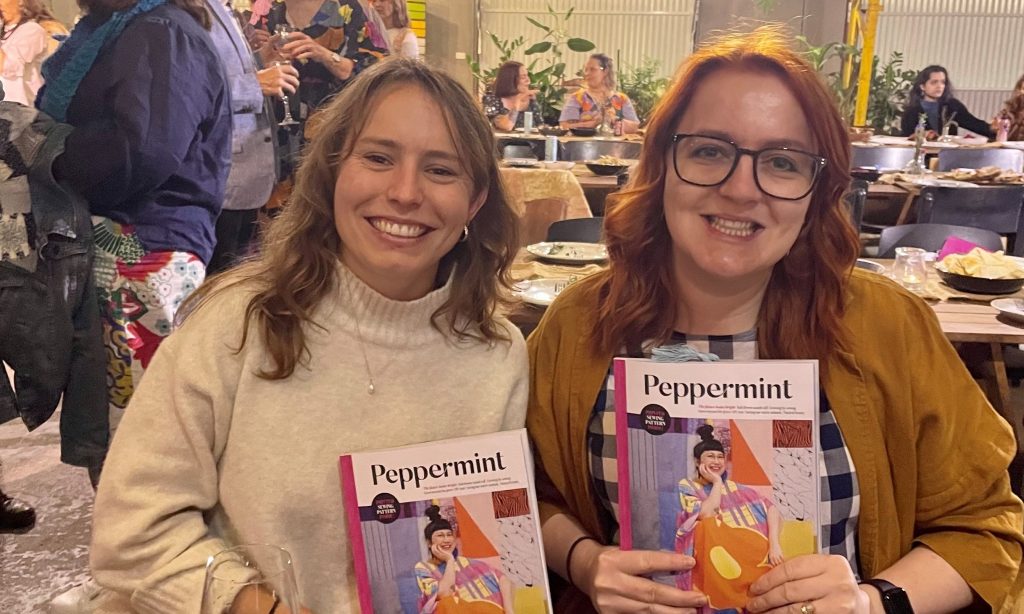
Meanwhile, Misty’s team member, Amy, also did 17 actions but chose a different path and enjoyed the Green Games for other reasons.
“Mending something and wearing thrifted outfits to work were my favourite tasks! They were a bit creative which I loved. Watching and listening to sustainable content was a great action not just because I made an effort to listen to some new podcasts but because everyone shared their content and I’ve got many great recommendations.”
Amy
Amy noticed that many of her once-off actions were actually turning into lasting habits that have a greater impact, noting “the red meat and no meat weeks were so much easier than I thought it would be so. My husband and I now make an effort to eat more vegetarian meals – it’s been fun trying new recipes!”
Whereas our Senior Manager of Resilience, Clayton, liked that while the Green Games helped to inspire taking new actions, it was also “good to have some of the sustainability actions I already take validated by inclusion in the Green Games initiative.”

Our Marketing and Engagement Specialist and resident thrift-a-holic, Hannah Turner, took the opportunity to tick things off her long-awaited to-do list like switching to a 100% GreenPower energy plan, repairing some ripped clothes and starting composting at home.
“I’ve always wanted to get a composting kit and this competition pushed me over the edge….I’m now the proud owner of a Bokashi bin!”
Hannah
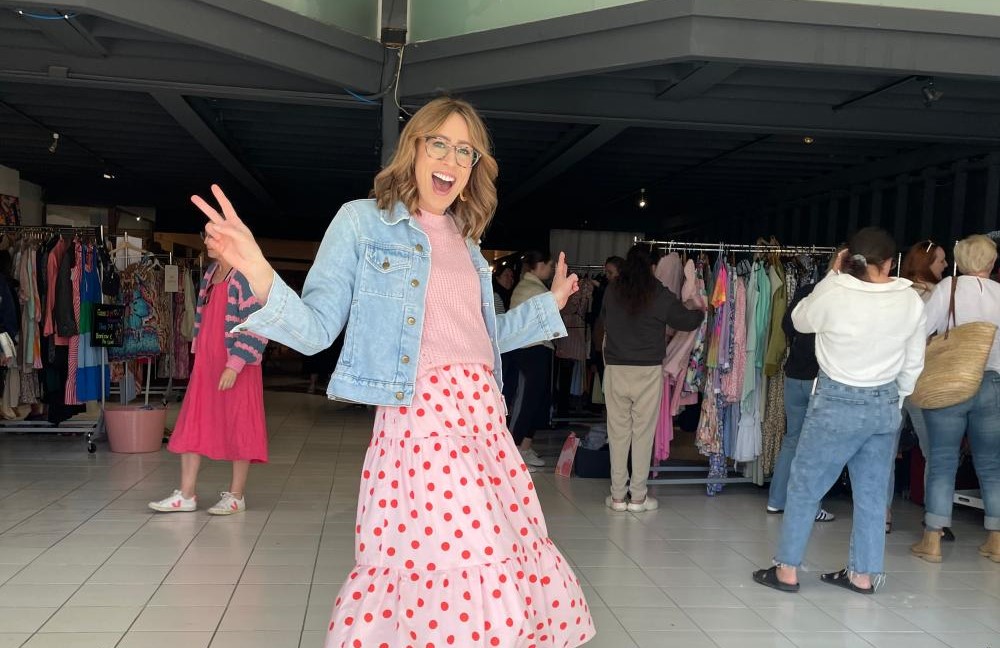
Georgina who works on the Oxley Creek Transformation project, spent the month doing 11 sustainable living actions which included collecting and donating containers with Container Exchange, not using any plastic bags or containers for the month and seeking sustainable experiences while travelling.

“Travelling down to Tassie during the month of the games also made me look through and choose my experiences with a sustainability lens that I might not have done otherwise.”
Georgina
How to run the Green Games in your workplace
What you’ll need:
To run your own workplace Green Games, you will need to do the below items and it works best if you have one or a small group of staff members dedicated to facilitating the games.
- Build a list of many different sustainable living actions that are all given a score between 1 and 5 based on their ability to reduce environmental-impact and the amount of effort required to do the actions. You can look through our comprehensive list of carbon-reducing actions for some inspiration. Or you can steal our list of 20 green games actions here. Some actions may require staff to post photos as ‘evidence’ to verify that they did the action. Some will be based on trust, i.e. 4-minute showers
- Put the office into teams. We had four teams ranging from 5 to 8 people in each and that worked well.
- Create a central digital location where everyone can post their photos of them doing actions. This might be a message board on a workplace intranet or just an email thread.
- At the end, you’ll need a scorecard to tally up the actions of all teams. You can use this template here.
- It doesn’t hurt to have a prize or incentive for the winning team at the end of the month. We upcycled a mirror frame with gold glitter paint to frame a photo of the winning team.
How does it work?
It’s pretty simple. Everyone in your teams will work to build up as many points as possible over a month. At the end of the month, the team with the most points wins.
You gain points by doing tasks listed on the sustainable actions list and you get the points assigned to those specific actions based on their environmental-impact-reduction score.
For instance, switching to a renewable energy source at home was 5 points in our Green Games. Cooking a meal by shopping the fridge or pantry to use up items and reduce food waste was 1 point.
Some actions are team-wide but most are about looking at your own life and making individual changes at home or at work.
Doing the math:
You need to consider how many team members are in each team, so to fairly weight the scores at the end of the month, calculate the scores by doing:
- For every action, calculate the number of team members who took an action multipied by the weight of that action
- Add up the totals of the above calculation for all actions
- Divide this by the number of team members.
To make it easy for you, you can use this scorecard template and have each team member log their actions.
All in all, the Green Games can help a workplace connect with each other while living more sustainably. So if you’re thinking about how your workplace can be more sustainable, we definitely recommend it! As Lizzie, our Senior Manager of Events and Marketing, put it…
“The Green Games is a great way to reassess what we are doing at home and implement new initiatives. It was a fun opportunity to bond with the team in a friendly competitive way which has great outcomes for ourselves and the environment!”
The author

Sam Mullen
Sam is a sustainability specialist at Brisbane Sustainability Agency and enjoys helping residents and community groups understand and reduce their climate impact while also promoting a circular economy.

